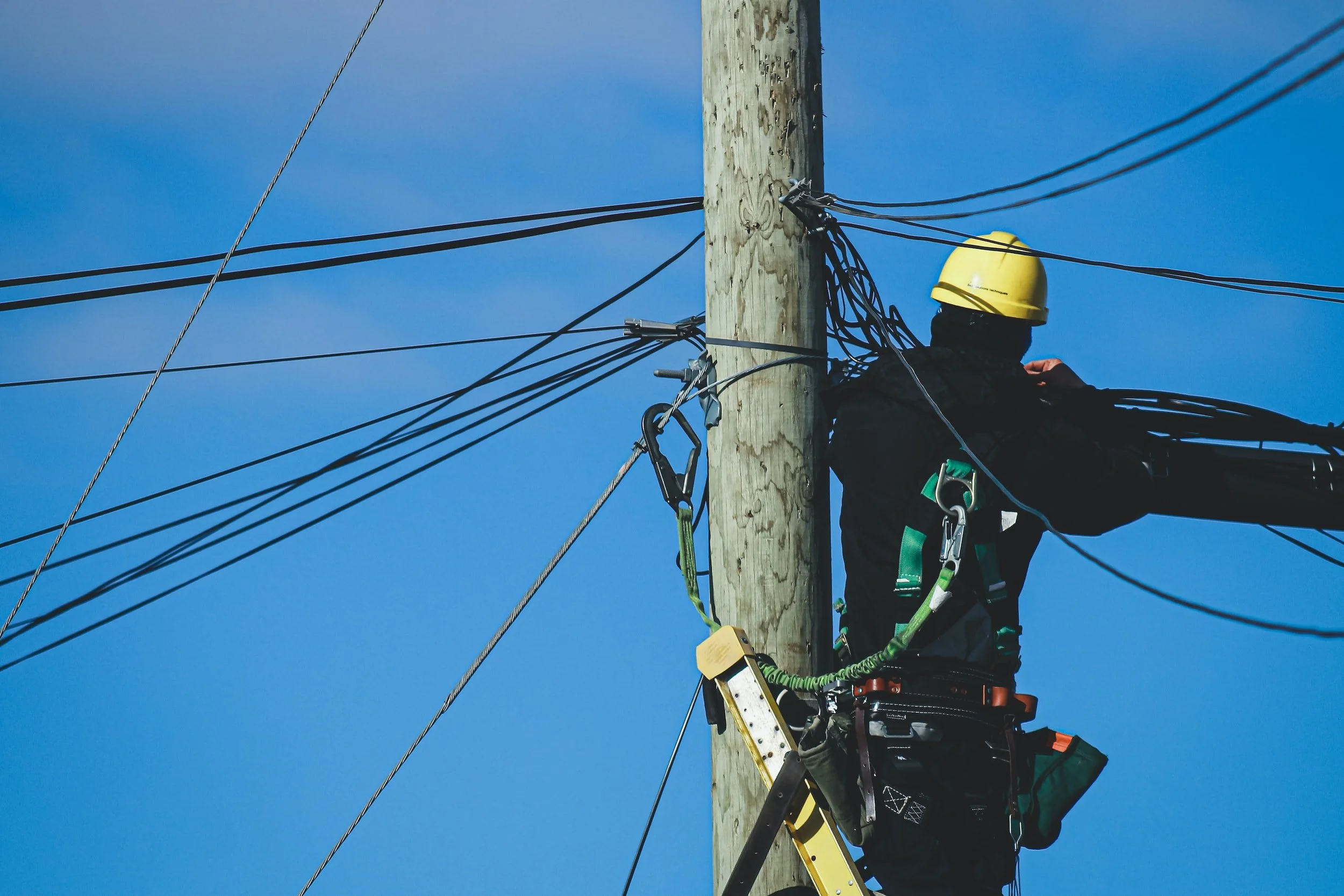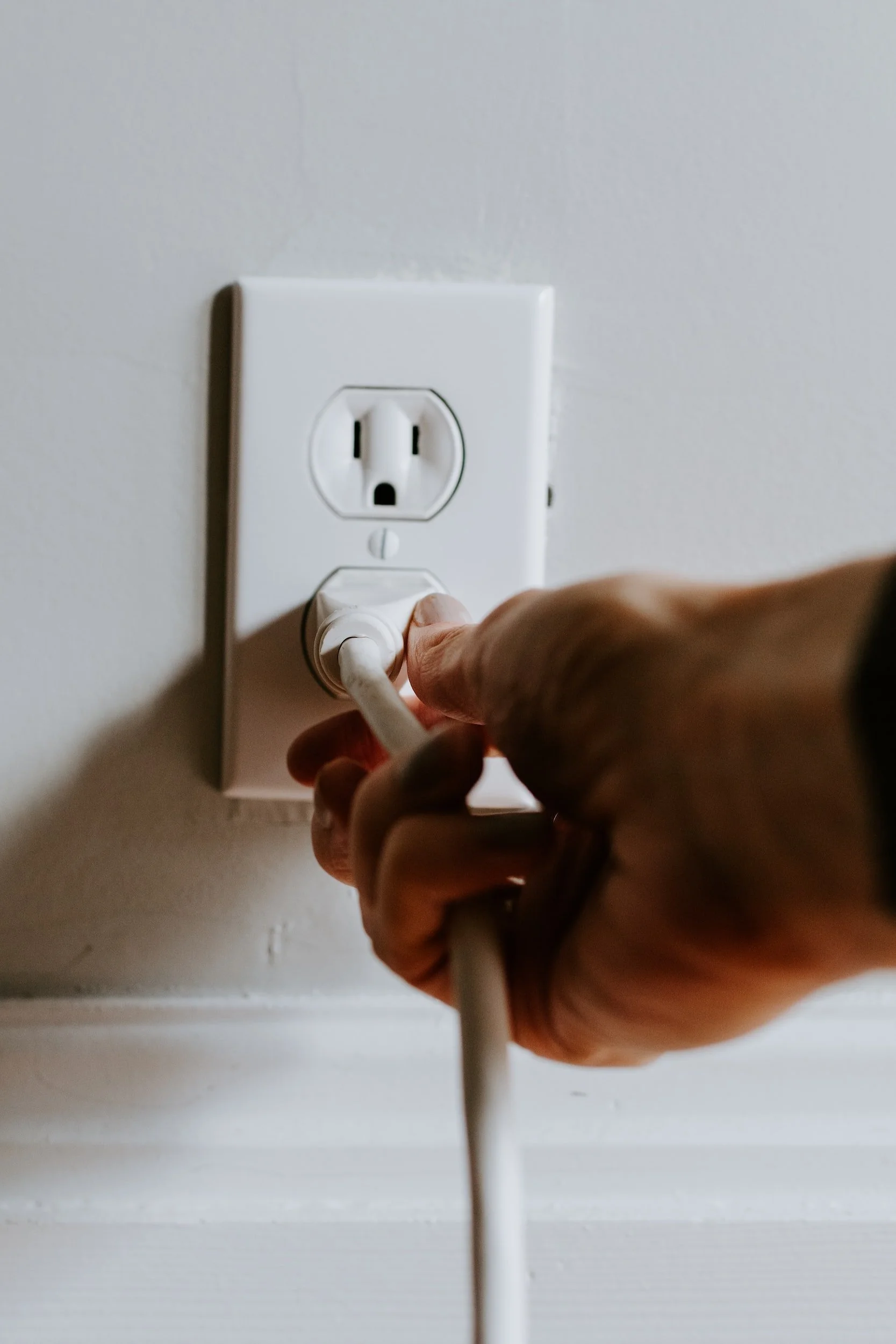What Is an Electrical Emergency and How to Deal with It
/Here is a new blog post from a guest author contributing to
Lang’s Kitchen & Bath’s website. All views expressed are those of the author.
We hope you find this topic helpful!
Electrical emergencies can happen at any time, even in the most unexpected places. If you're unprepared, they can cause serious damage to your home or business. Fortunately, there are steps you can take to prepare for an electrical emergency before it happens.
In this article, we'll discuss what is an electrical emergency and how you can protect yourself from it.
What is an Electrical Emergency?
Electrical emergencies can be caused by a number of things, including downed power lines, short circuits, and electrical fires. It's important to know what to do if you or someone you're with experiences an electrical emergency.
An electrical emergency is any situation that involves a threat to life or property due to faulty wiring, damage from an overload or overcurrent situation, or defective equipment. Electrical emergencies can result from natural disasters such as hurricanes or tornadoes that cause power outages; equipment failure such as the sudden failure of a large transformer; or human error such as cutting through a wire while trimming trees or repairing an appliance.
Electrical emergencies are extremely dangerous because they can cause serious injury or death within seconds. In some cases, an electrical emergency may not look like an emergency at first glance but still be extremely dangerous — for example, when a wire comes loose from its connection point inside an electrical box.
Common Types of Electrical Emergencies and How to Deal with Them
1. Power Outages
Power outages can occur for a number of reasons:
Storms - When lightning strikes near power lines in your area, it can cause a short circuit that results in an outage. This can be dangerous because of the risk of electrocution from downed utility poles or exposed wires on the ground. If you see downed utility poles or exposed wires on the ground, stay away until an electrician has inspected them and determined that they are safe to approach.
Accidents - Power lines carry large amounts of electricity. When they're broken or damaged during an accident such as a vehicle collision with a utility pole, they may not only cause fires but also possibly electrocute anyone who comes into contact with them while they're live (not yet deactivated).
Equipment failure - Malfunctions may occur when control panels run out of backup power during storms or other emergencies (such as earthquakes), causing widespread blackouts across entire regions at once. However, this type is fairly rare since most modern control panels have their own generator backups already built- which will kick on automatically whenever there's any problem detected with their main source supply, "backup power". So, unless we somehow get hit by a massive solar storm then chances are good that nothing serious will happen in this case. The exception could be some localized brownouts/outages where people might lose power temporarily due to equipment malfunctions, etc. (but hopefully nothing too major!).
2. Electrical Fires and Smoke
If you see smoke or fire coming from an electrical appliance, such as a toaster or television, turn off the power source immediately. Do not attempt to extinguish the fire yourself. If you don't know how to shut off your home's circuit breaker, contact the utility company for help.
Leave the room where the fire is happening and make sure others in your household do so as well. Close all doors behind you when leaving a room with an electrical emergency—this will help contain any flames that may have spread beyond their original location.
3. Shocks And Electrocution
An electrical shock is the immediate flow of electricity through your body. It can cause burns, muscle spasms, and even death.
To avoid electrocution:
Avoid touching any electrical wires that are exposed or wet.
Unplug appliances before working on them, especially if they're plugged into an outlet near water.
If you are shocked:
Get away from the source of the shock immediately (if you can).
Do not attempt to switch off the power; this could create another problem for someone else or yourself.
No matter what happens, remain calm and think clearly about what needs to happen next!
4. Damaged Electrical Outlets
When it comes to electrical emergencies, one of the most common places you'll find them is with damaged electrical outlets. This can happen in several ways:
If you've installed new outlets and didn't realize that your wires were corroded or faulty, then one of the screws may have come loose while you were working. This can cause heat and sparks when you plug something in, which could result in damage to the outlet itself or serious injury.
If an object fell into an outlet and got stuck there, it can cause a short circuit that also causes damage to your home's wiring system as well as a potential injury under certain conditions.
5. Downed Power Lines
If you see a downed power line, do not approach it. It is likely to be dangerous and could lead to electrocution or shock. You should keep at least 10 feet away from the wire and call 911 immediately. If you are unsure whether or not a line is live, assume it is and stay away from it entirely.
6. Unplug Appliances Before You Touch Them
If you've been in a situation where your home or business has lost power due to an electrical emergency, it's important to remember that most appliances are not safe to touch while they're plugged in. If you do touch one, there is a risk of electrocution or starting a fire. Unplugging appliances will also help prevent damage from any sparks or heat caused by contact with the plug when it is still connected to the wall outlet.
If there are any appliances that you cannot unplug yourself (like under-counter appliances), move them away from walls and other sources of heat before leaving the area.
If you are faced with a power outage or other electrical emergency, you should call an electrician. Electrical emergencies can be dangerous and should be handled by a professional electrician in any emergency.






